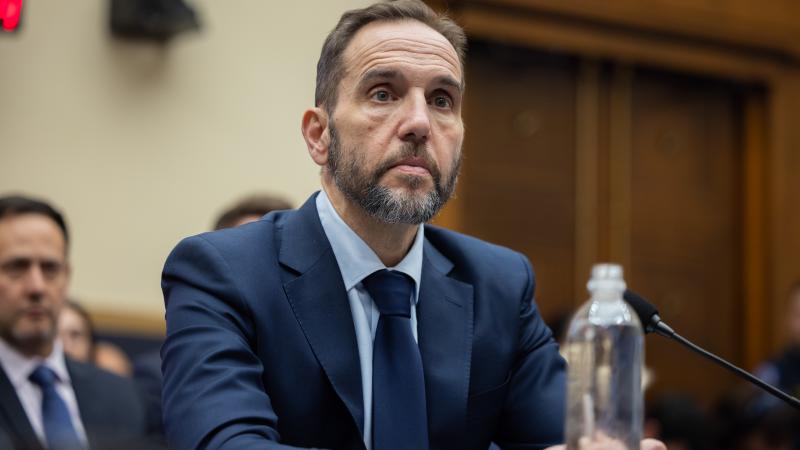Louisiana lawmakers pass closed primary bill, new congressional districts
"We have started the process of necessary structural change to our election system," Gov. Jeff Landry said. "Great work!"
The Louisiana Legislature adjourned from its special session on Friday, passing new congressional districts as required by a federal court order.
Lawmakers also sent to Gov. Jeff Landry's desk for a possible signature a bill that would close the state's open primary system.
Senate Bill 8, sponsored by Sen. Glen Womack, R-Madisonville, and preferred by Landry, would transform Republican U.S. Rep. Garret Graves’ 6th Congressional District into a second Black-majority district. The House favored it 86-16 and the Senate agreed to the lower chamber's changes 27-11.
Lawmakers also passed an appropriation bill for SB8 that would provide $1.4 million to the state secretary of state's office to implement the redistricting.
House Bill 17, sponsored by Rep. Julie Emerson, R-Carencro, would end the state's open primary system and replace it with a closed primary system that would require voters to cast ballots in only one primary.
The offices that would be contested in closed primaries include U.S. senators and representatives, state Supreme Court justices, seats on the state Board of Elementary and Secondary Education, and the Public Service Commission.
The Senate passed an amended version of the bill 29-9 and the House accepted the changes within that 67-36.
In a post on X, Landry praised Emerson on her work on the bill.
"We have started the process of necessary structural change to our election system," Landry said. "Great work!"
Landry ordered the special session after a court order required lawmakers to create a second majority-Black congressional district. State officials, led by Landry when he was serving as attorney general, tried to contest the decision at the 5th U.S. Circuit Court of Appeals, which upheld the lower court's ruling.
Lawmakers didn't pass bills that would have drawn new districts for the state Supreme Court, increased its justices from seven to nine and another that would have implemented ranked-choice voting.
















